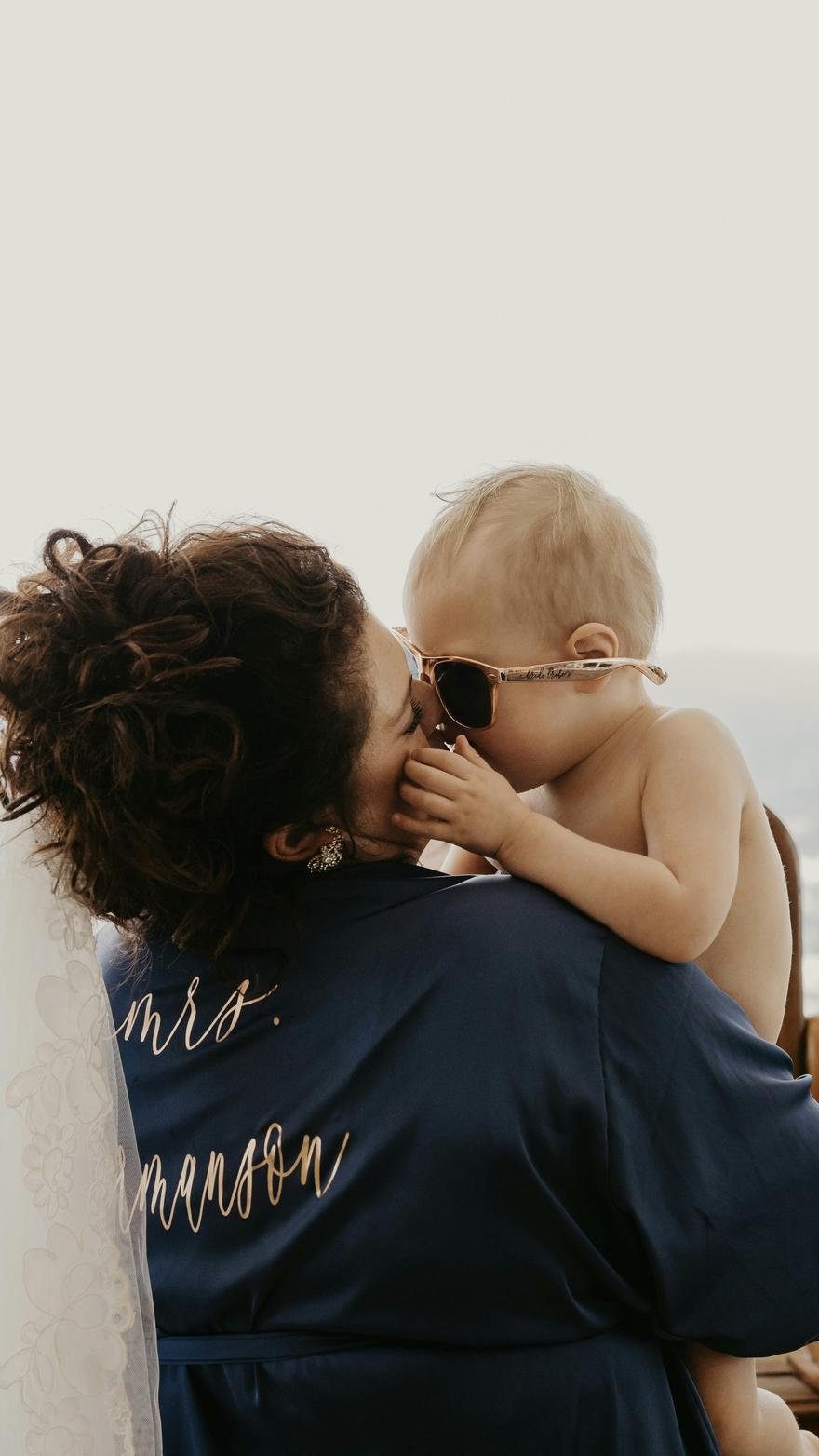Afraid to Kiss My Loved Ones on the Cheek (Because I Get Cold Sores)

If you live with oral herpes (HSV-1), chances are you’ve hesitated at some point to kiss a loved one—especially during or after a cold sore. The fear of accidentally transmitting the virus can feel overwhelming and isolating, even in the most loving relationships. We would get questions from people who are afraid to kiss their nieces and nephews, children who are afraid to kiss their parents, and vice versa. There are cultures where kissing is part of every day's culture. People who kiss their business partners, their mothers& fathers-in-laws, distant relatives and more. Do you imagine each one of them being afraid daily that they will transmit?
You’re not alone. But the truth is, you may be carrying more fear than necessary—especially when it comes to quick, everyday affection like kissing someone on the cheek.
Let’s talk about what’s worth being cautious about, and what might just be outdated fear.
👵 Back in the Day: Cold Sores Were Just… Normal
Ask anyone born before the 1980s, and you’ll probably hear this:
“Oh, we all got cold sores! It was just a thing.”
That’s because back then, people didn’t know cold sores were contagious. They didn’t associate them with herpes, didn’t think about viral shedding or transmission—and most definitely didn’t see it as a big deal.
Parents, grandparents, and aunts kissed babies on the cheeks, handed around cups, and shared lipsticks—even when someone had an active sore. No one gave it a second thought. Was that ideal? No. But it shows how human touch and affection always mattered more than fear.
Today, we know more—and yes, it’s great to be informed. But it’s also important to remember that not all contact leads to transmission, especially when done mindfully.
💡 Can You Transmit HSV-1 Through a Cheek Kiss?
Let’s break it down:
- Herpes needs an entry point—usually through a mucous membrane (like the lips, genitals, or eyes), or a cut/opening in the skin.
- The cheek has thick, keratinized skin, which is much harder for herpes to penetrate.
- So unless your loved one has a cut, scrape, or broken skin where you kiss them, the risk is incredibly low—even if you're in a viral shedding phase (which is already less contagious than during an active sore).
Cold sores are most contagious during an outbreak, especially when blistered or oozing. But if there’s no sore, and no tingling, you’re probably not shedding the virus—and a cheek kiss is not a high-risk action.
💞 When to Be Cautious (and When Not To)
✅ Avoid kissing when you have an active cold sore
✅ Avoid sharing utensils, drinks, and lip balm during outbreaks
✅ Use your intuition—if you feel a tingle or early symptoms, wait it out
❌ You don’t need to live in fear the rest of the time
❌ Cheek kisses are generally safe, especially when everyone’s skin is intact
❌ Avoiding affection altogether can be more damaging emotionally than helpful physically
You don’t have to sanitize your love.
💬 What to Say If You Want to Be Transparent
If you’re still feeling a little nervous or want to be open with someone you care about, a simple explanation can work wonders:
“Just so you know, I get cold sores sometimes. I’m careful about not kissing anyone when I feel one coming on, but I wanted to mention it in case you ever wonder why I pull back.”
This kind of honesty is gentle, kind, and rooted in care—not fear. Most people will appreciate your thoughtfulness and not be overly concerned, especially if you’re not having an outbreak.
💋 Loving Without Overthinking
You can still show up with all your love. Even if you’ve had a cold sore recently, you can snuggle, smile, hold hands, and share beautiful moments. And when you’re not in an active outbreak, even that quick cheek kiss is probably just fine.
Need a little lip care to feel secure and protected?
Try the Lifesaver SPF Lip Balm—formulated with lysine and peppermint, it helps support your lips in any season, especially during triggers like sun exposure or dry weather.
🫶 It’s About Connection, Not Perfection
At the end of the day, you’re a loving human. Herpes doesn’t change that. Your affection is still safe, warm, and welcome—with just a little mindfulness when it counts.
Don’t let herpes build a wall between you and your loved ones. Cheek kisses, forehead smooches, and gentle gestures are a part of life—and they still belong to you.


0 comments
Leave a comment
Please log in or register to post a comment